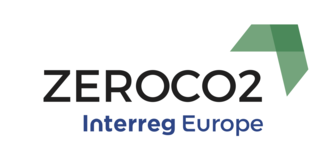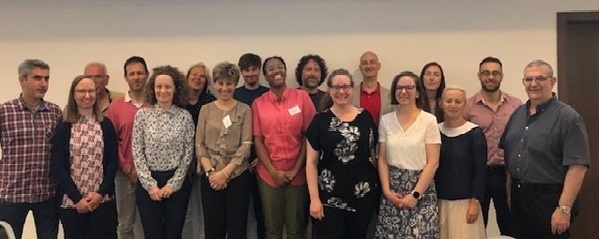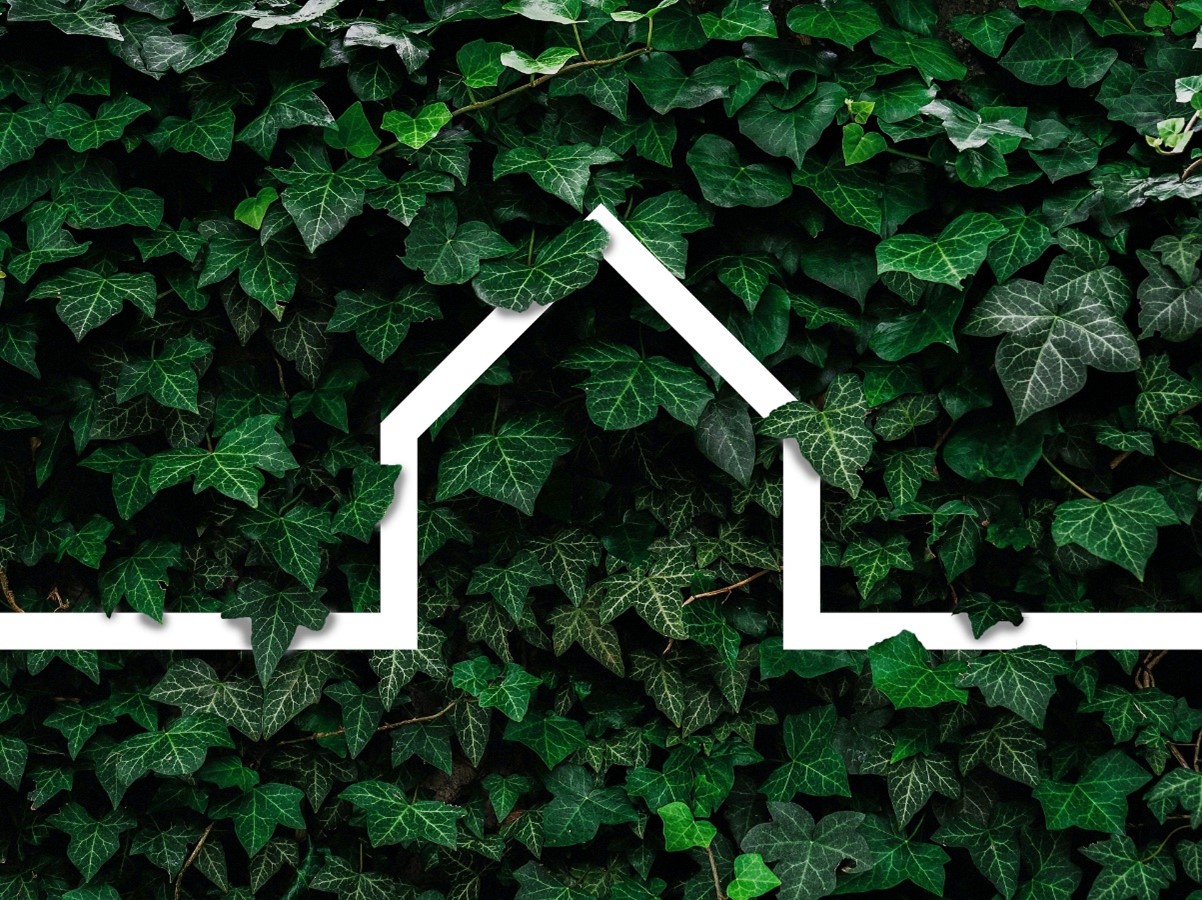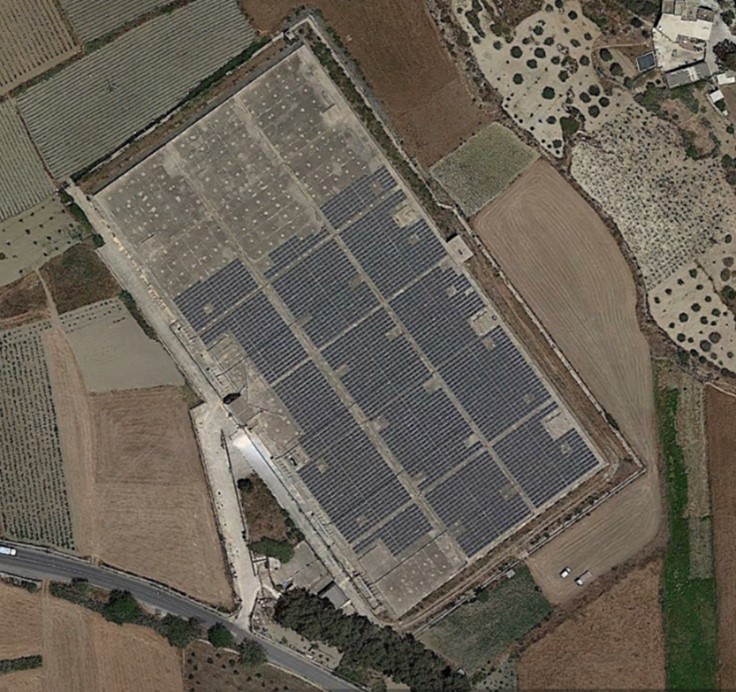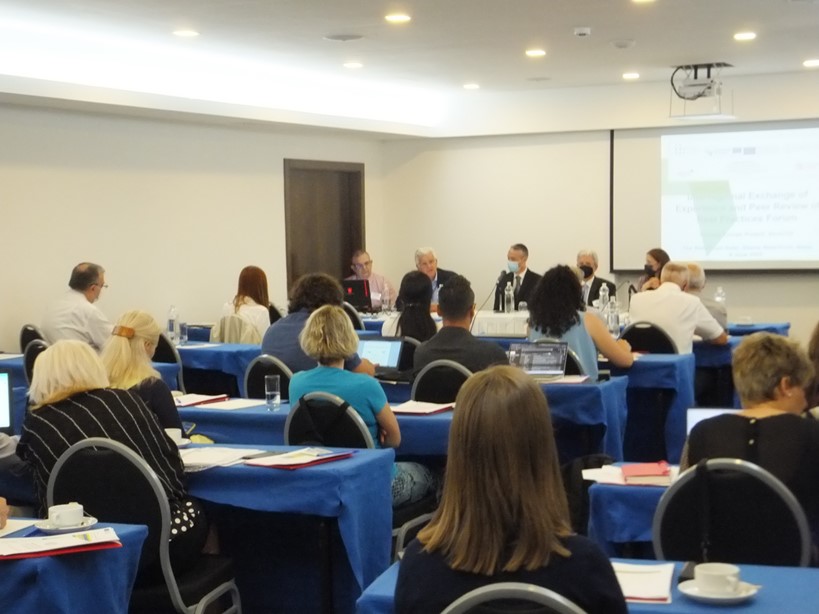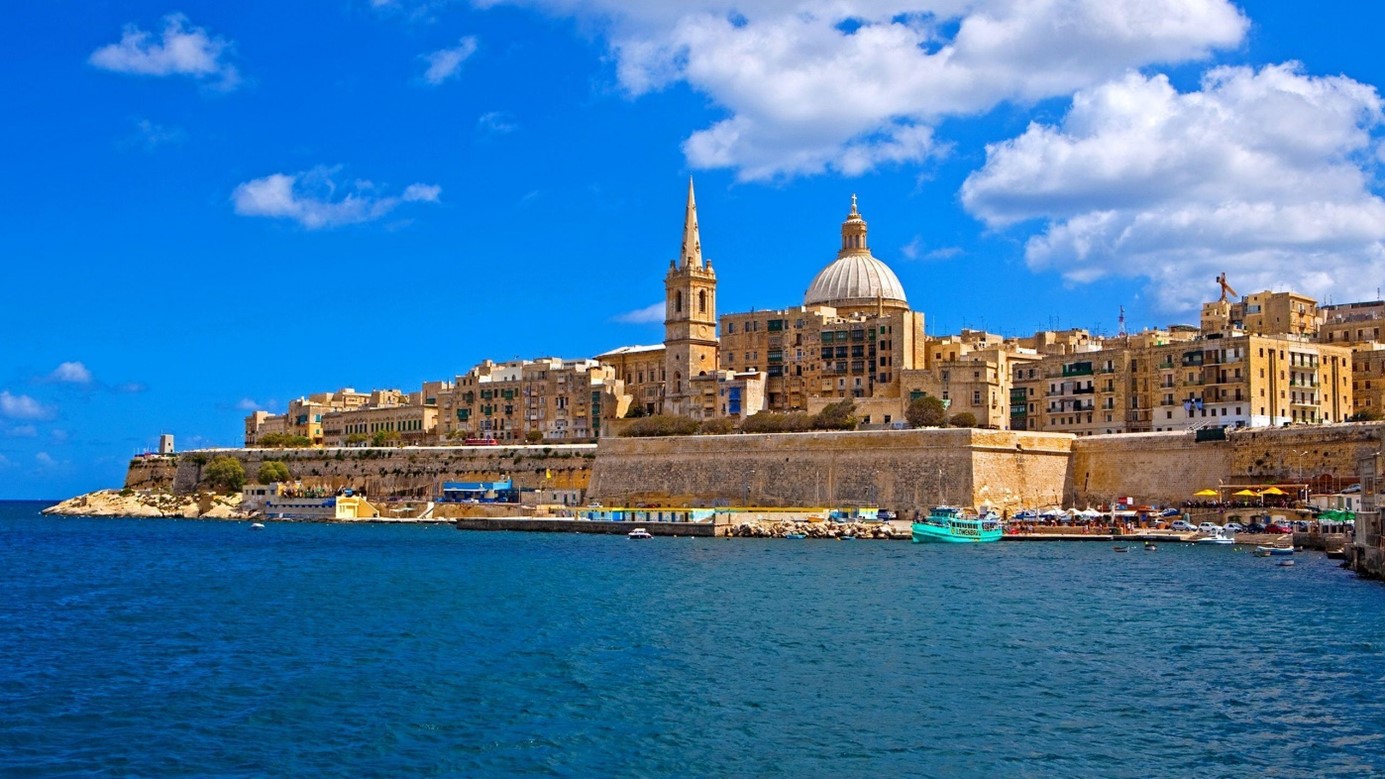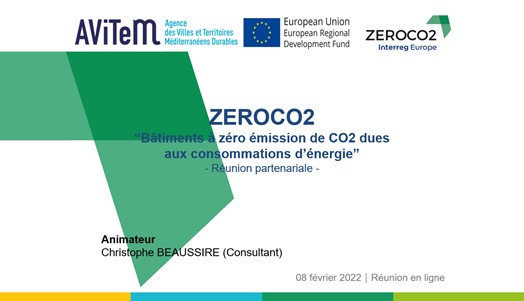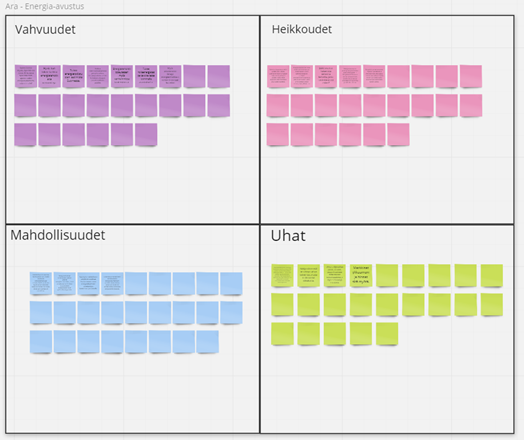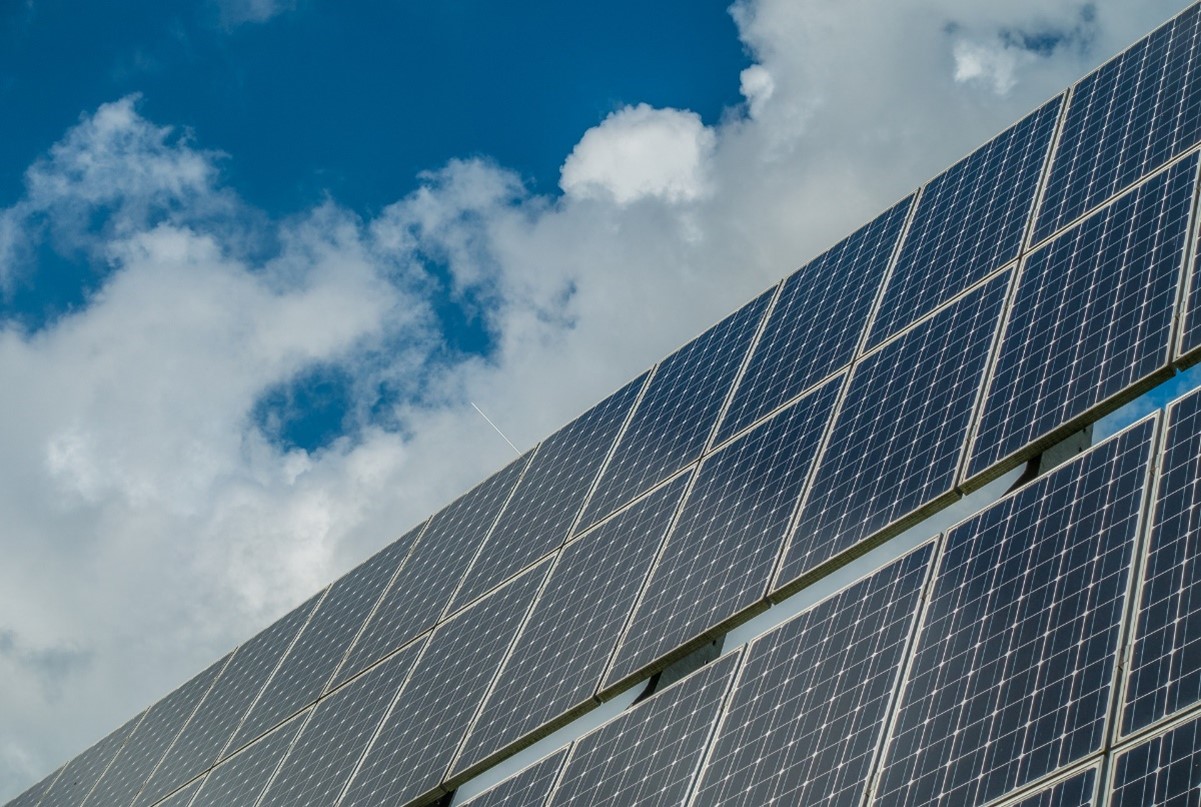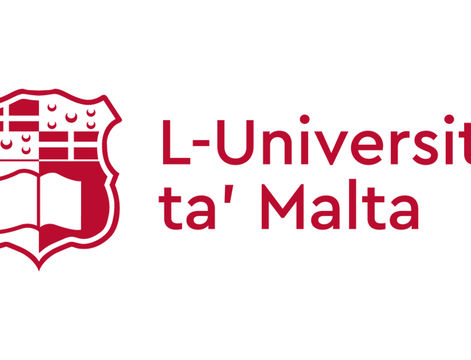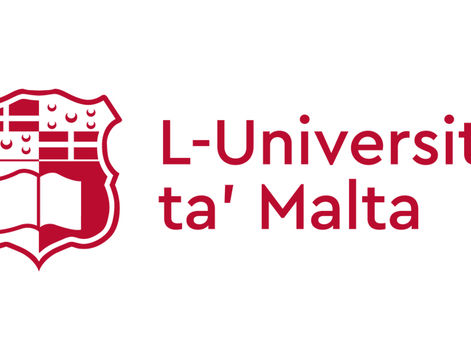For participants of the Finnish ZEROCO2 Stakeholder Event, hosted online by Thermopolis Oy on 9th September 2022, the Thermopolis Project Manager provided an extensive presentation with information on the ZEROCO2 project extension.
During the regional event, the purpose and resulting measures of the project’s extension period were disseminated, and Thermopolis also shared results and impact from the ZEROCO2 project as a whole, including examples of Good Practices in Finland and partner countries.
The selected good practice examples from Finland identified through the Interreg Europe ZEROCO2 project included two subsidies for the abandonment of oil heating – one for private households and one for municipal buildings. These practices were also presented in Malta by Thermopolis to other partners at the project’s Experience Exchange Event in June 2022.
The Finnish examples for moving away from oil heating proved to be a quality good practice to share with partners as they are simple and easily adopted when adequate funding is available. In addition, the good practices can be adapted, for example, to the phasing out of natural gas, which is also a topical issue in Finland as well as across Europe.
Other examples of good practices that were disseminated by the Finnish partners at the stakeholder event were the household allowance good practice as well as the regional energy advice good practice. All examples of good practices are well suited to the ZEROCO2 project, as they have an impact on reducing carbon emissions and have been available during the Covid-19 pandemic.
In the presentation to Finnish stakeholders, Thermopolis provided information about good practices, how much they have reduced CO2 emissions and the reasons why such practices have emerged in Finland. The data is particularly interesting in the South-Ostrobothnia region in which Thermopolis is based, where the number of oil-heated buildings is significantly higher than in other regions.
From the partner countries, Thermopolis presented one example of good practice per country that were presented at the exchange event in Malta, with the purpose of demonstrating how they could be replicated in the region.
Examples of proposed ZEROCO2 good practices presented by other partner countries included:
• Slovenia – Storage of paraffin in a public building
• Italy – Mechanical ventilation system to reduce the risk of Covid 19
• Greece – Feasibility studies on the installation of solar panels in municipal buildings in Crete
• Malta – Program to maintain your home
• France – Energy renovation support service
The examples of good practices from other project partners presented attracted the interest of our stakeholders. In particular, the storage of paraffin in a public building and mechanical ventilation system to reduce the risk of Covid-19 raised further questions. Paraffin storage involves improving the energy efficiency of old protected public buildings, which is also a topical issue in the region, where old facades can be difficult to renovate for energy efficiency. The issue of improving the energy efficiency of protected heritage buildings was already raised by one participant at the first ZEROCO2 stakeholder event and this good practice, therefore, was particularly relevant.
Overall, the stakeholder event proved to be fruitful, demonstrating the lasting positive impact of the Interreg Europe ZEROCO2 project in the South-Ostrobothnia region and beyond.
Participants of the regional ZEROCO2 dissemination event included:
Joonas Lassila, Thermopolis Oy
Lea Hämäläinen, Thermopolis Oy
Liisa-Maija Hurme, Project Manager, Regional council of South-Ostrobothnia
Mari Väänänen, Project Manager, Regional council of South-Ostrobothnia
Tero Rintakallio, Development Engineer, City of Seinäjoki
Janne Lahdensuo, Teacher of building services, SEDU
Marita Viljanmaa, Education Manager, SeAMK
Juha Viirimäki, Project Manager, Finnish Forest Centre
